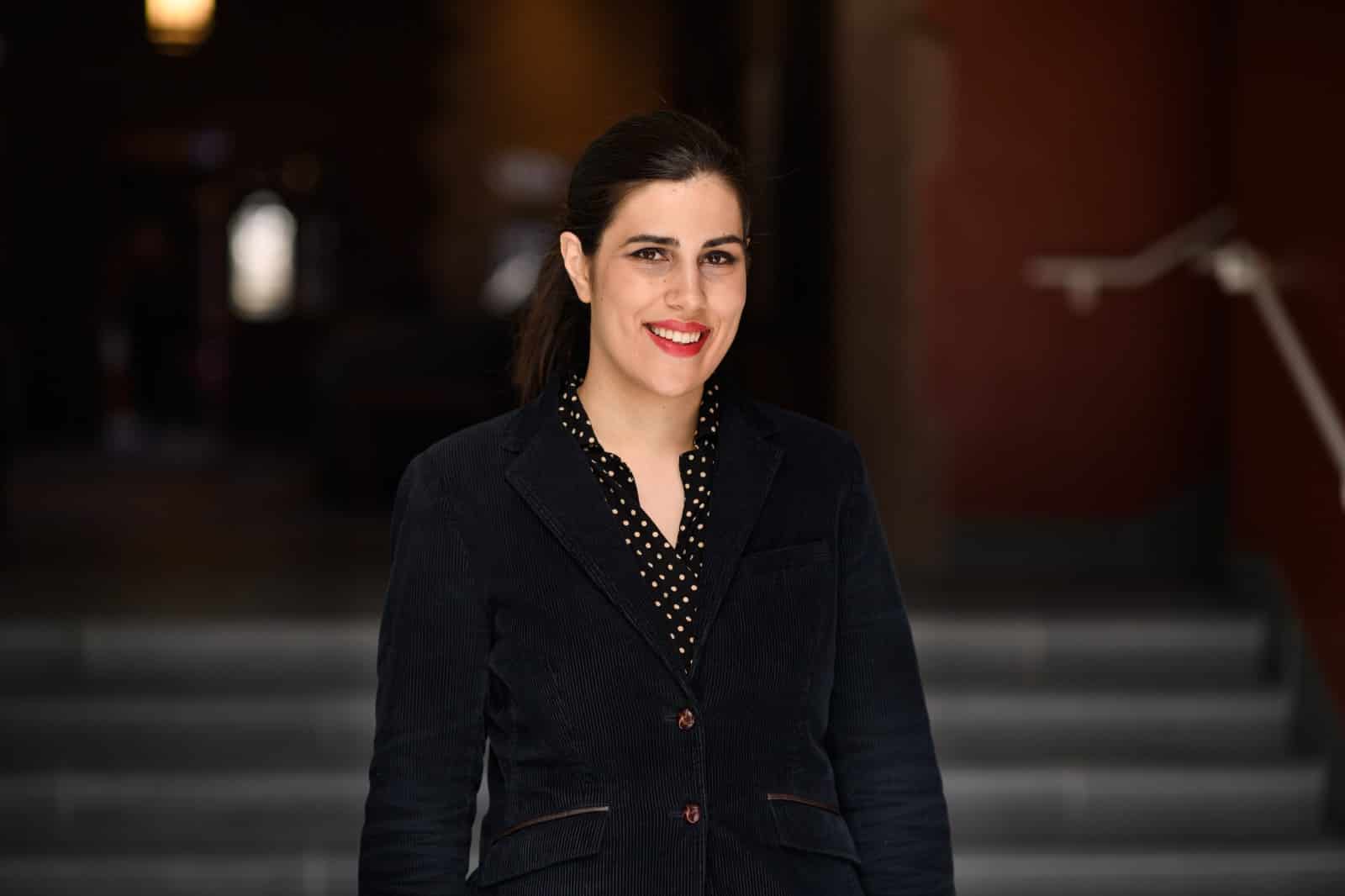
The Elixir of Lovedeath: A History of French Literary Wagnerism and its Ambiguities (1860-1900)
Monday 26 February 2024 | Virtual Event | £5.00

If the legacy of Richard Wagner is chiefly musical and theatrical, in France, the composer’s innovations arguably had an even bigger impact on literature. From Baudelaire to Mallarmé, to Colette and Proust, the most important French writers of the late nineteenth and early twentieth century all produced influential commentary on Wagner in their essays, poetry, and fiction. Their contributions vary in terms of tone and scope, but they all testify to the dual conflict they felt vis-à-vis Wagner as Frenchmen and women who appreciated German culture at a time of heightened tension with Germany, and as authors who struggled to describe their musically induced feelings verbally. This presentation offers an overview of French literary Wagnerism from 1860 to 1900 and includes major and minor figures. It proposes a new definition of French literary Wagnerism as a movement that was not exclusively made of admirers, but rather as an innovative loose collective made of Symbolists, Naturalists, Decadents and Modernists who consistently sought to critique Wagner while praising him. In order to do so, they frequently used humor, parody, and thematic transpositions just as much as they wrote paeans and faithful paraphrases of Wagner’s oeuvre.
Adeline Heck is a FNRS postdoctoral fellow at the Université libre de Bruxelles in literature and musicology. Her work has appeared in 19th-Century Music, Nineteenth-Century French Studies and the Routledge Companion of Music and Modern Literature. In 2022, she was a recipient of a Bayreuth Bursary from the Wagner Society. She is currently writing a book manuscript dedicated to nineteenth-century French literary Wagnerism.
This is a virtual-only event
